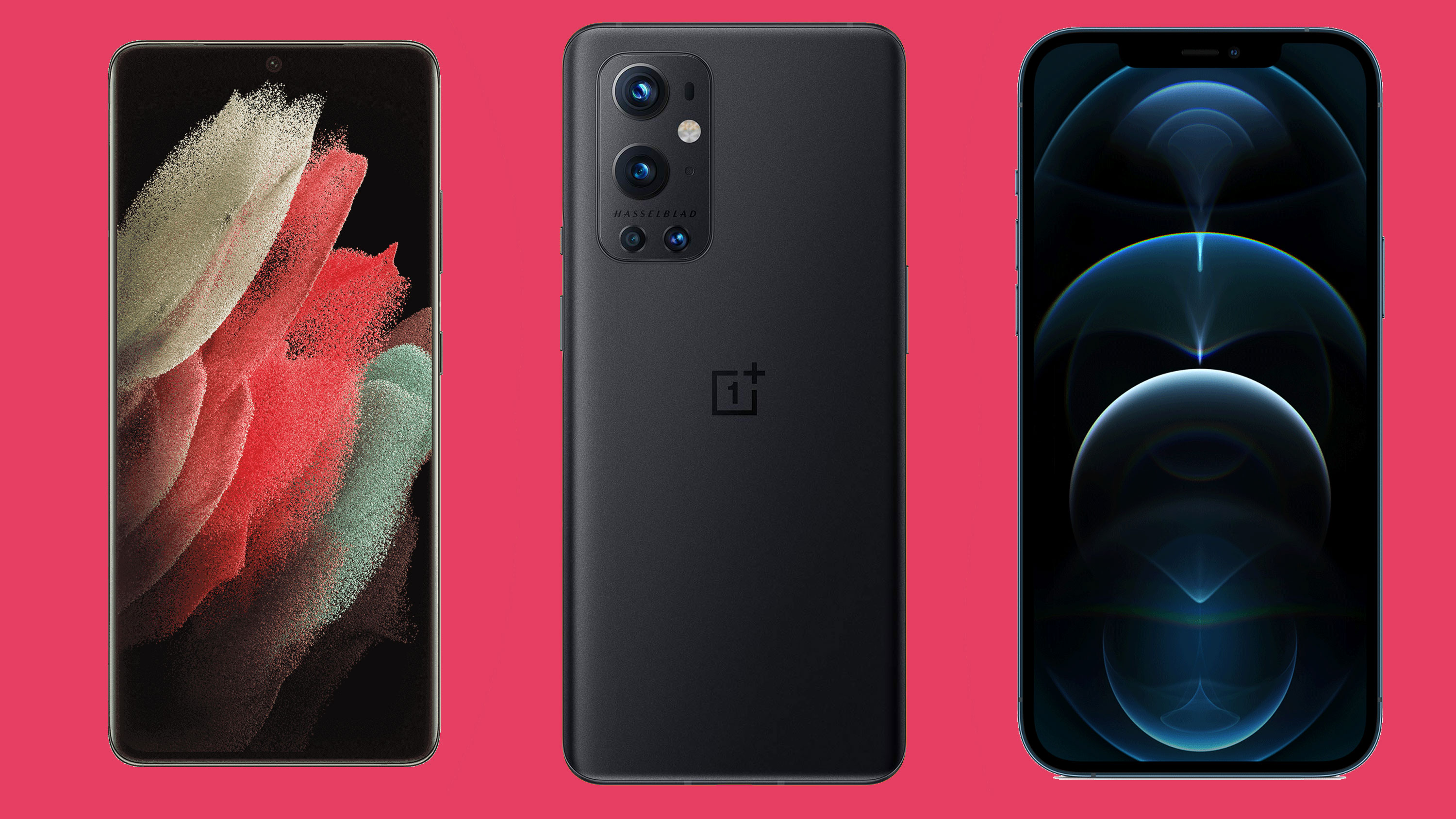Understanding Ai Smartphones: Features, Advantages, And Future Outlooks
Introduction
Artificial Intelligence (AI) has gradually infiltrated the technology arena, leading the charge towards the future of innovative solutions. One area that is rapidly experiencing the transformative power of AI is the smartphone industry. Today, AI Smartphones are becoming more prevalent, boasting features and advantages that push the boundaries of what we expect from our devices. This article explores the concept of AI Smartphones, their key features, advantages, and potential future developments.
What Is AI and How Has It Influenced Technology?
AI, an acronym for Artificial Intelligence, represents advanced computer systems capable of executing tasks that traditionally require human input. These functions span a wide variety of areas such as:
- Speech discernment
- Decision formulation
- Translation into diverse languages
The integration of AI into technology has initiated remarkable advancements including:
- Enhanced Automation: AI is pivotal to automating repetitive tasks, thus increasing productivity.
- Efficiency Improvement: AI-driven systems effectively process vast amounts of data and deliver insights, driving enhanced efficiencies.
- Creation of Intelligent Devices: AI's capability of learning and adapting from data drives the evolution of smarter devices.
Its imprints on the technology landscape is monumental, with the smartphone industry being a prime case. Smartphones with integrated AI are redefining standards concerning speed, accuracy, and user interactivity, creating a new era of digitally intelligent devices. The transformative power of AI is fostering more powerful and intelligent smartphones, bringing an unprecedented change to both our professional and personal lives.
What are AI Smartphones, and How do They Work?
Leading Giants in AI Smartphone Landscape
In the realm of mobile technology, AI smartphones are evolving as prominent players. Essentially, these are mobile devices that harness the power of Artificial Intelligence and Machine Learning for the enhancement of their operational efficiency.
- How do They Function?
An AI smartphone processes huge amounts of data using Machine Learning algorithms. This operation allows the device to identify, learn, and adapt to the user's behavior, thereby offering a highly personalized experience. This ability extends across multiple phone functions - from refining camera functionality to optimizing battery life, from augmenting app efficiency to sophisticating voice recognition systems.
- Who are the Majors?
A number of global tech leaders have formidable presence in the AI Smartphone industry, including:
• *Apple*: Apple has significantly integrated AI into its devices with the A11 Bionic Chip that powers Siri and other iPhone functions.
• *Google*: The Google Pixel series deploys Google's AI assistant along with other AI capabilities.
• *Huawei*: Huawei's smartphone efficiency is magnified with its Kirin 970 chipset powered by AI.
• *Samsung*& *Qualcomm*: While Samsung has Bixby, Qualcomm has showcased AI capabilities with Snapdragon.
Now, let's delve deep into the distinguishing features of an AI smartphone and how these features extend their impacts to the user experience.
What Key Features and Functionalities are in an AI Smartphone?
The Impact of AI on Your Smartphone's Camera
AI Smartphones are equipped with a host of fascinating features, designed to improve their efficiency and the overall user experience. The integration of AI technology into these devices gives them an edge over regular smartphones. This section will delve into the extensive realm of features and functionalities offered by AI smartphones.
1. AI Photography: AI technology has drastically transformed phone cameras, offering more intuitive features that capture stunning images and videos. The AI can recognize various scenes and adjust the camera settings accordingly to provide superior image quality. It can also suggest improved photograph compositions and utilize machine learning for enhanced facial recognition.
2. Intelligent Assistance: AI Smartphones come equipped with more responsive and information-rich digital assistants. Siri, Alexa, and Google Assistant are notable examples that deliver personalized responses based on user habits and preferences.
3. Battery Lifespan Optimization: AI technology has proven to be a game-changer in managing smartphone battery consumption. By analyzing usage patterns, AI can adjust power usage, thus extending battery longevity.
4. Enhanced Security: With features such as intelligent scanning and FaceID, AI Smartphones offer heightened security levels. These advanced safety measures ensure that your data and privacy are well guarded.
5. Improved Text Prediction: AI technology enhances writing and communication efficiency by offering predictive text and word suggestion. It learns your vocabulary style over time, leading to faster communication and lesser typos.
6. Real-time Translation: Overcoming language barriers is simpler with AI-enabled smartphones. These devices deliver real-time translation, making communication in different languages seamless.
7. Personalized Content: AI Smartphones are skillful in assessing and understanding user behavior. As a result, they deliver personalized content and suggestions catered to individual needs.
The Role of Ai in Enhancing Smartphone Camera Capabilities
AI significantly boosts the capabilities of smartphone cameras. For instance, it can distinguish between different objects or beings, enabling it to offer optimal photo results based on each specific target. Whether it's a shot of a serene beach or a candid moment, the AI can adjust according to the scene, providing the best possible output.
What are the Potential Downsides to AI Smartphones?
AI Smartphones, while innovative and offering exemplary user experiences, also come with certain potential downsides. The major ones include:
- Privacy and Security Risks: AI Smartphones process and collect a substantial amount of personal data. This situation raises concerns about data privacy and security, given the potential risks of breaches and misuse.
- Machine Dependence and Errors: The reliance on AI-powered systems can occasionally result in inaccuracies or errors. Machines, regardless of their intelligence, can lack a human touch in decision-making, leading to occasional mishaps or unforeseen outcomes.
- Higher Cost: The innovative technology and superior features of AI Smartphones result in a considerably high price tag compared to regular smartphones. Therefore, cost becomes a significant factor for consumers deliberating on investing in these advanced devices.
In sum, while AI Smartphones offer several advantages, it's crucial to contemplate these possible drawbacks before making a purchasing decision.
What Can be Expected from Future AI Smartphones?
The future of AI smartphones holds an enormous potential for transforming our everyday experiences with mobile technology. With rapid advancements in AI and machine learning, we can expect several enhancements:
1. Deciphering Emotions: Future AI smartphones may analyze user's voice tones or facial expressions to gauge emotions and adapt responses accordingly.
2. More Personalized User Experience: Expect a further personalized experience as AI technology continues to develop. The devices will 'learn' from a user's behavior to predict their preferences and provide tailored content.
3. Automated Task Execution: Future iterations might be smart enough to perform tasks automatically based on learnt behaviors, like adjusting settings or scheduling reminders.
4. Augmented Reality (AR) Integration: The integration of AR with AI could bring about new interactive features, such as real-time translation of foreign languages seen through the smartphone camera.
5. Greater Data Security: Advancements in AI technology would likely translate to more robust security features, ensuring data privacy and protection.
Each of these potential developments represents exciting progress, giving us a glimpse into a future where AI smartphones are intricately interwoven with our daily lives.
Conclusion
Despite the impressive features and upsides of AI Smartphones, they also come with potential downsides. Privacy and security are major concerns, considering the extent of personal data these devices collect and process. Also, the over-reliance on AI and machine learning can sometimes lead to errors or inaccuracies in decision-making, as machines lack a truly human touch. Furthermore, the cost of AI Smartphones tends to be higher than regular smartphones.
Related FAQs about what is ai smartphone
How does AI improve the user experience on smartphones?
AI improves user experience by refining camera functionality, optimizing battery usage, enhancing app efficiency, and sophisticating voice recognition systems. It personalizes the smartphone experience by learning and adapting to user's behavior, thereby providing tailored content, intuitive digital assistance, and predictive text features.

How do AI smartphones manage their battery efficiently?
AI smartphones manage their battery efficiently by learning usage patterns. The AI analyzes power consumption based on regular tasks and background processes, adjusting settings to limit power usage on rarely-used applications, and extend the battery lifespan.

What are the AI-powered security features in smartphones?
AI-powered smartphones have enriched security features such as intelligent scanning, facial recognition (FaceID), and usage pattern analysis that protect against unauthorised access. By learning about user behavior, they can detect any unusual activities, thereby providing heightened data security.







